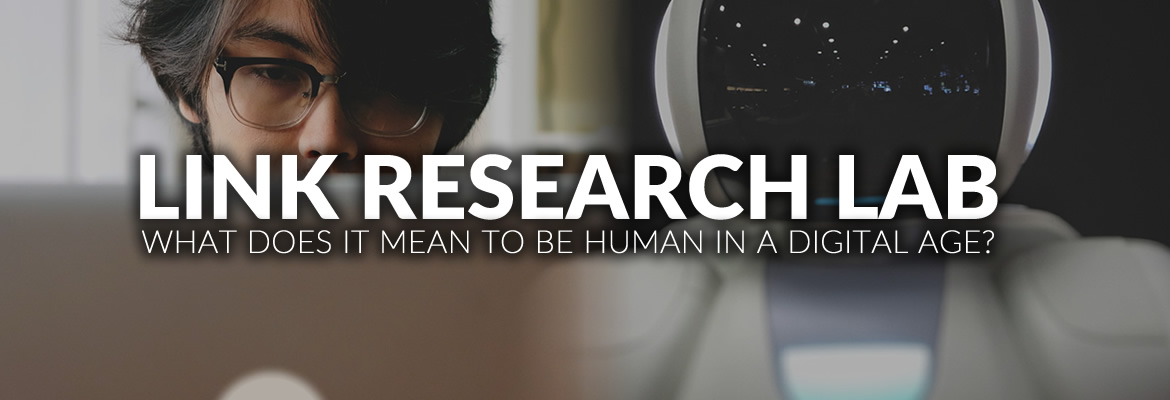 Dr. Ryan Baker
Dr. Ryan Baker
Dr. Baker is Associate Professor of Cognitive Studies at Teachers College, Columbia University. He earned his Ph.D. in Human-Computer Interaction from Carnegie Mellon University. Dr. Baker served as the first technical director of the Pittsburgh Science of Learning Center DataShop, the largest public repository for data on the interaction between learners and educational software. He is currently serving as the founding president of the International Educational Data Mining Society, and as associate editor of the Journal of Educational Data Mining. His research combines educational data mining and quantitative field observation methods to better understand how students respond to educational software, and how these responses impact their learning. He studies these issues within intelligent tutors, simulations, multi-user virtual environments, and educational games.
On September 30, from 12:30 until 1:30 pm (Central Time), in the Rady Room (Rm 601 in Nedderman Hall)
Dr. Baker delivered the following public presentation:
Title: Towards Better and More General Prediction Models of Engagement
Abstract:
In recent years, researchers have made considerable progress on developing automated models of student engagement based on online interaction data — to the point where what once seemed impossible now seems routine. However, these models have not yet made the same impact on actual educational practice. There are several reasons for this limitation — one is the difficulty of designing interventions that actually improve engagement, even when we know a child is disengaged. But another is limitations in the models themselves. Model effectiveness is still relatively low, and models tend to be overly-adapted to single contexts.
In this talk, I discuss my laboratory’s work to assess exactly how general our models are — whether they remain reliable for new populations and new learning content — and how we are working to improve our models, through integrating knowledge engineering and data mining methods to create a learning analytics that better leverages the reasoning abilities of both humans and machines.

